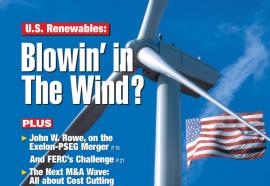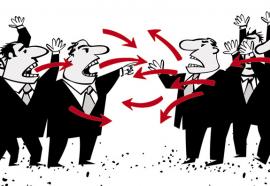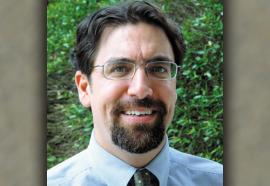A National Gasification Strategy
Presenting a program to stimulate robust coal-gasification technology deployment at low federal cost.
Federal loan guarantees and other incentives can clear the hurdles to near-term deployment of gasification technologies.










